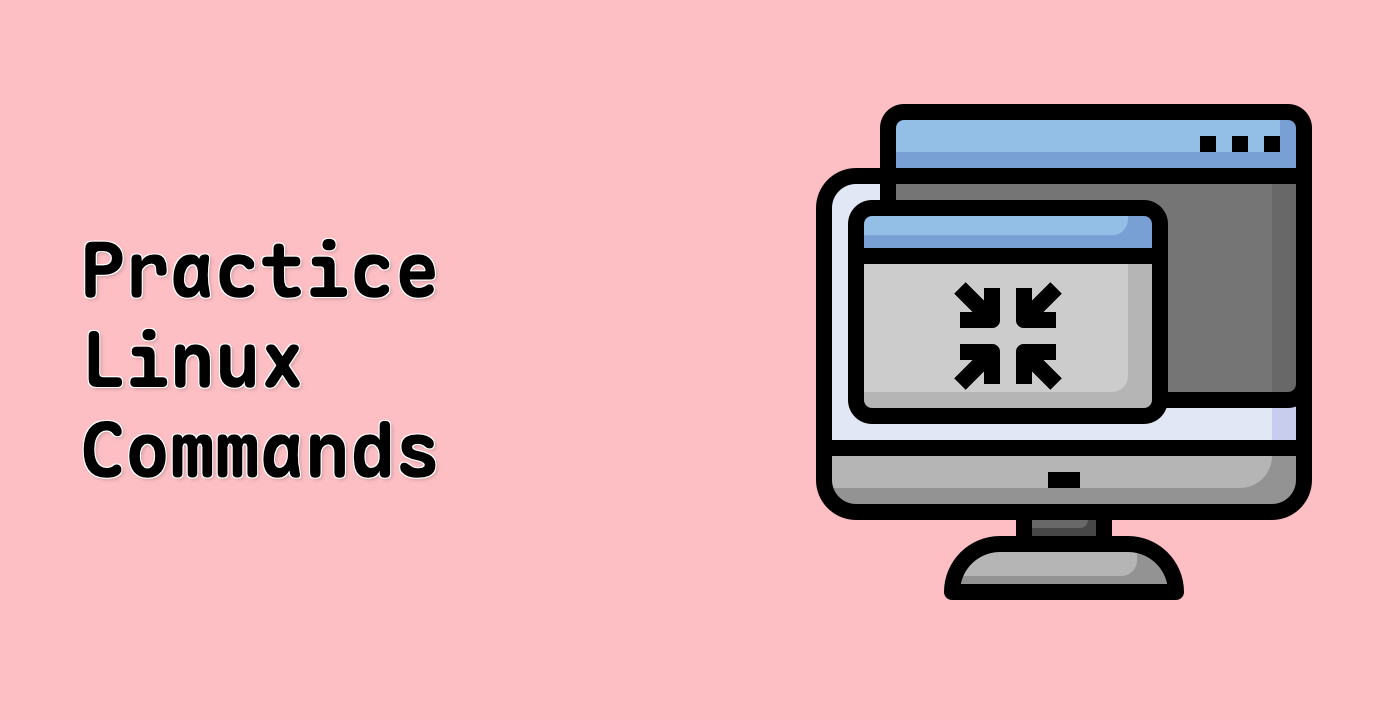Getting Started with ncdu
ncdu, short for "NCurses Disk Usage", is a powerful command-line tool that helps you quickly and easily identify and manage disk space usage on your Linux system. It provides a user-friendly interface that allows you to navigate through your file system, visualize disk usage, and identify large files or directories that are consuming the most space.
Understanding ncdu
ncdu is a command-line utility that uses the ncurses library to provide a terminal-based graphical interface. It is designed to be lightweight, efficient, and easy to use, making it a popular choice for system administrators and power users who need to manage disk space on their Linux systems.
Installing ncdu
To install ncdu on your Ubuntu 22.04 system, you can use the following command in your terminal:
sudo apt-get install ncdu
This will install the latest version of ncdu on your system, and you can start using it immediately.
Using ncdu
To launch ncdu, simply type the following command in your terminal:
ncdu
This will open the ncdu interface, which displays a hierarchical view of your file system, with the directories and files sorted by their disk usage. You can navigate through the file system using the arrow keys, and press the "Enter" key to drill down into a directory.
graph TD
A[Launch ncdu] --> B[Hierarchical view of file system]
B --> C[Navigate using arrow keys]
C --> D[Drill down into directories]
By default, ncdu will start in the current directory, but you can also specify a different directory to analyze by passing it as an argument:
ncdu /path/to/directory
This will launch ncdu and start the analysis in the specified directory.




